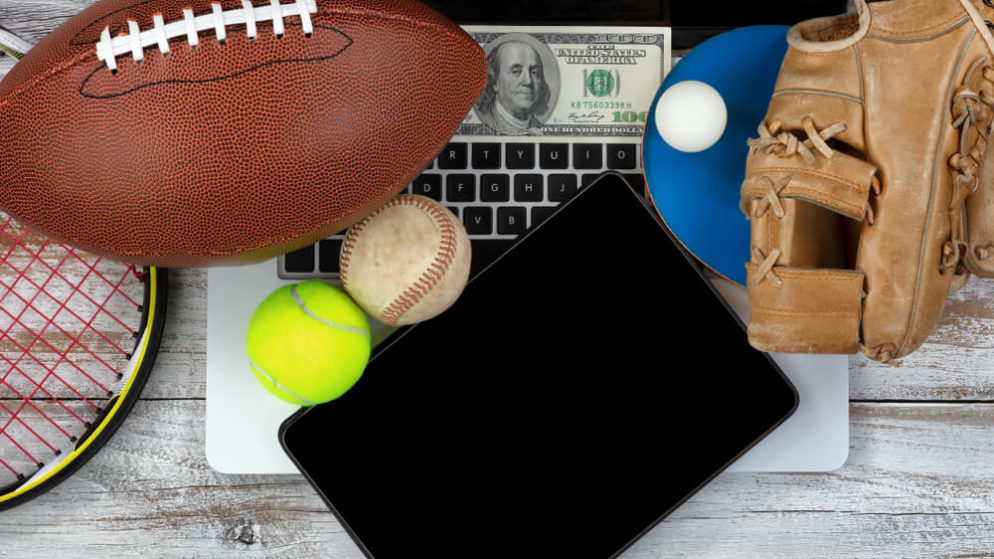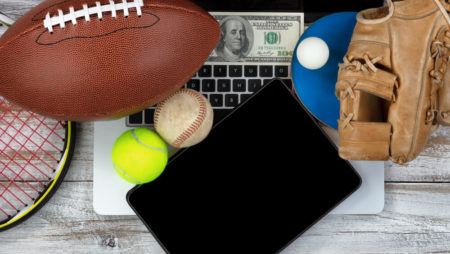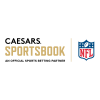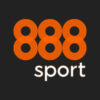

DraftKings and FanDuel, the top sports betting operators in the US, are counting on major league sports returning as the coronavirus pandemic subsides. During the shutdown, DraftKings and FanDuel users subsisted on a diet of Russian ping-pong matches and Korean baseball games. But now that American major league sports are about to resume, the betting should be hot and heavy, benefiting both DraftKings and FanDuel.
What we cover
Reopening the Sports Seasons Could Create a Surge in Sports Betting
Many months of strong investment and rapid growth in the legal sports betting market came to a screeching halt in March, when the MLB and NBA, as well as other sports leagues, were forced to suspend play due to the coronavirus shutdowns. Moreover, casinos were shut down nationwide, and with no pro or collegiate sports to bet on, business for US sportsbooks’ plunged.
As casinos begin to reopen, betting apps and online sportsbooks such as DraftKings and FanDuel are poised to profit. Both pent-up demand and bettors who relied on digital platforms during the shutdowns should drive a huge number of bets. The anticipated return of MLB and NBA games later in July should recoup some of the financial losses in a very competitive market.
“We expect that following the COVID shutdowns, the pent-up demand for sports and political realities, as well as the engagement with digital leisure, should position online sportsbooks to accelerate,” said David Katz, a Jefferies equity research analyst told investors. “Moreover, our proprietary survey bolsters the view that sports betting is a very social endeavor, more so under these circumstances.”
The Coronavirus Shutdowns Could Push More States to Legalize Sports Betting
So far, Indiana, Iowa, Nevada, New Jersey, Pennsylvania, Rhode Island, and West Virginia, have legalized online sports betting. And DraftKings and FanDuel have emerged as the leaders in the legal online gambling market.
In March alone, the overall money wagered in New Jersey dropped by 65% to $181.9 million, the same month that sports leagues were forced to suspend their seasons. That negative trend continued through April, when the handle plummeted by 82% year-over-year to just $54.6 million.
The sports betting market showed some signs of recovery in May, as NASCAR, the UFC, golf, and a few other sports returned, albeit with strict safety measures, such as having no fans in attendance. For example, New Jersey’s sports betting in May totaled $117.8 million, which is a year-over-year decline, but a significant improvement over April.
According to Canaccord Genuity analyst Michael Graham, COVID-19’s impact on the growth of the legal sports betting market should be “severe but temporary.” Furthermore, budgetary shortfalls and financial difficulties could push a few more states to legalize sports betting faster than anticipated. DraftKings and FanDuel are already positioned in nearly every legal sports betting market.
For example, New York state legislators have been pushing Governor Cuomo for years to sign a bill legalizing sports betting. The state loses millions in potential revenue every year to bettors crossing state lines to New Jersey.
“We believe that the COVID-19 shutdowns could be a catalyst, speeding up the legislative process to legalize sports betting, in order to increase tax revenue,” Graham added.
Sports Bettors are Eager for Major League Play
Since the company went public, shares in DraftKings and FanDuel have surged. Likewise, Barstool Sports is ready to launch its sportsbook app in partnership with Penn National Gaming, the biggest operator of retail casinos in the United States.
Recent increases in betting on sports generally considered niche, such as NASCAR, international soccer matches, and golf tournaments have fueled optimism about the short-term outlook for the legal sports betting market. For example, an online sportsbook, BetMGM, reported a 3,982% increase in betting on the PGA Tour’s RBC Heritage tournament compared to the same event year-over-year. DraftKings and FanDuel also saw surges in betting on sports that are largely obscure in the US.
However, spikes in betting on obscure sports events during a slow time is not necessarily a good indicator of overall demand, said Chris Grove, an analyst at the gambling research firm, Eilers and Krejcik. Even with MLB and NBA returning, many sportsbook operators will be hard-pressed in the short-term to make up for their recent losses.
“I believe we’ll see pent-up demand when, and if, major league sports return,” Grove said. “But that will probably be a temporary surge that won’t fully make up for the losses of the last few months.”








